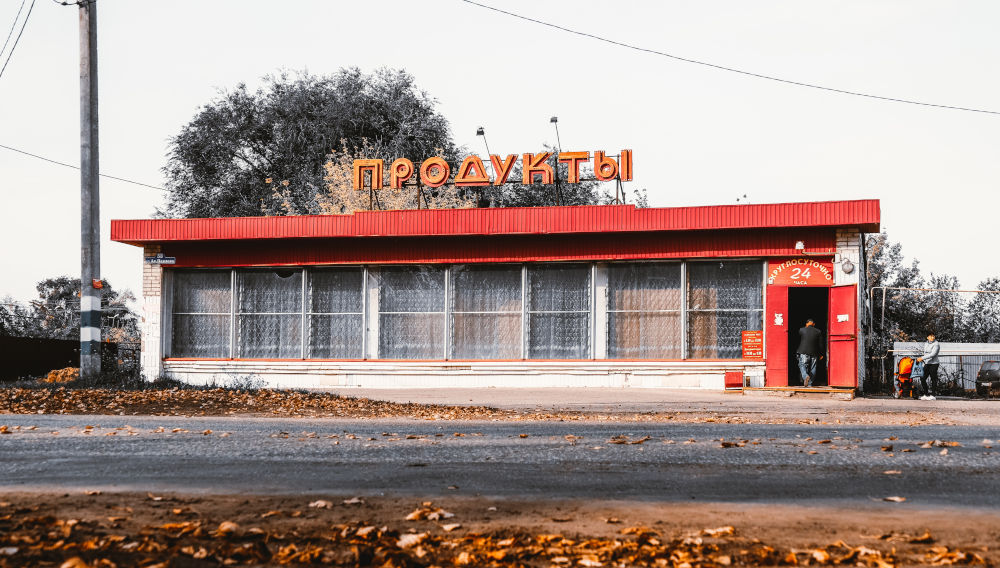Russian beer market 2022: flat or in decline?
Russia | Even Russian beer sales data have become political. In recent press reports, there was no mention of the drop in sales in the 4th quarter, nor the decline in imports. Only this much: 2022 beer production was said to have been flat over 2021.
What is going on? Turkish brewer Anadolu Efes, whose joint venture with AB-InBev is the beer market leader in Russia, reported in early January that its Russian beer volumes were down in “high-teens” (-15 percent to -19 percent) in the 4th quarter 2022 because of a steep decline in consumer confidence. However, for the full year 2022, Efes’ drop in volume sales was only in the low-single digits.
Carlsberg said on 8 February that its unit Baltika, number two in Russia, saw beer sales decline nearly 3 percent in 2022 over 2021.
This is what the Russians say
The website retail.ru, on the other hand, reported on 27 January that domestic production of beer and beer mixes in 2022 came to 80 million hl, thus maintaining 2021 levels. Allegedly, beer production was 70 million hl, the same as in 2021. Previously, it had been reported that in the nine months of 2022 domestic beer production had risen 3 percent over the same period 2021.
There was no mention of how the beer market performed overall on retail.ru. Beer imports must have taken a hit. In 2021, beer imports stood at 5 million hl. In the nine months of 2022, media reported that 2.3 million hl beer had been imported into Russia, a decline of 34 percent over the same period 2021.
Beer imports have not disappeared altogether
Despite western boycotts, beer imports have not been wiped out. While brewers from the UK, the US and Canada stopped shipping their beer to Russia after Mr Putin’s invasion of Ukraine, some brewers from the Czech Republic, Germany and Belgium maintained their export ties, according to the Russian website INC Russia in late December.
The downward trend is confirmed by NielsenIQ, which scans beer sales in the off-premise. The share of imported beer at retailers declined to 9 percent from 15 percent in the January-to-September period, as prices for imports had risen by nearly 40 percent due to “complex logistics”.
Prices for imports could rise again in 2023 as Russia seeks to implement a costly track&trace labelling system, Chestny ZNAK, for keg beer on 1 April. Beer packaged in glass and PET bottles will follow on 1 October.
The challenges ahead
The Russian Association of Beer Producers said on 27 January that the year ahead will be challenging. Consumer confidence is on the wane already, while brewers will need to pass on their higher costs, resulting not least from the new labelling regulation. Beer sales could also be impacted by a new sugar tax, which will be introduced on 1 July. It could hike the price of a non-alcoholic beer by 11 percent and drag down sales in this category by 18 percent.
Keywords
international beer market company reports international brewing industry
Authors
Ina Verstl
Source
BRAUWELT International 2023

